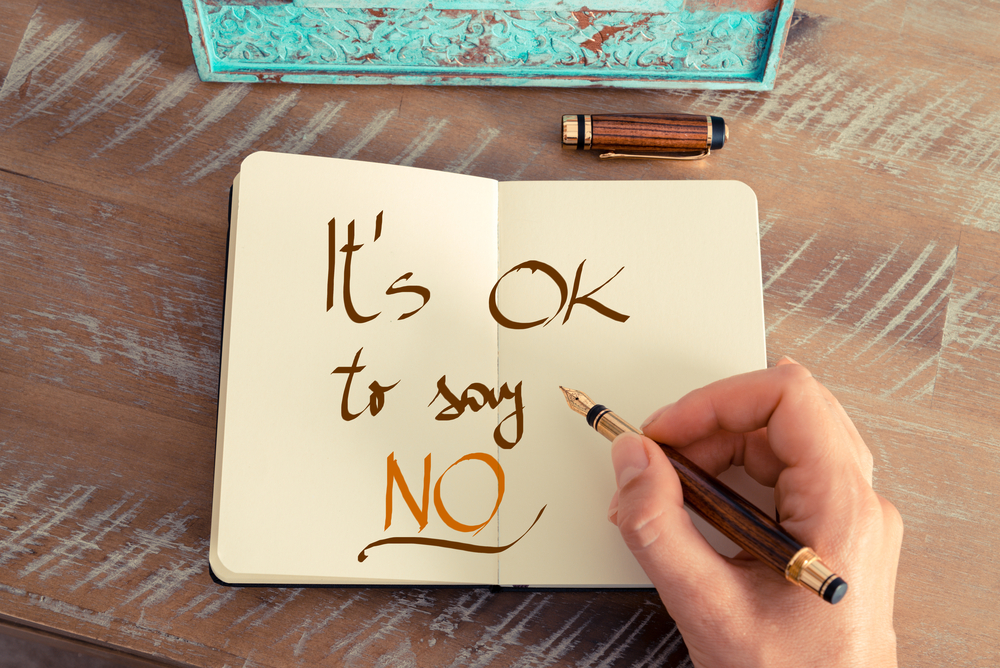Mental health—it’s a term we hear all the time, but do we actually make time for it in our busy lives? We focus so much on physical health, but our mental health deserves just as much attention. The good news is, that taking care of your mental well-being doesn’t have to be complicated or time-consuming. In fact, simple daily habits can make a huge difference in how you feel mentally and emotionally.
So, if you’re ready to feel more balanced, calm, and in control, let’s jump into 10 easy habits you can start practicing today to boost your mental health.
1. Start Your Day with Gratitude
What’s the first thing you do when you wake up? Check your phone? Scroll through social media? How about trying something that instantly lifts your mood instead—like practicing gratitude? It’s so simple, yet incredibly powerful for your mental health. Before you even get out of bed, think of three things you’re grateful for.
It can be anything—your family, your morning coffee, or even just having a cozy bed to sleep in. This quick habit trains your brain to focus on the positives, setting a more positive tone for your entire day. When you regularly practice gratitude, you’ll notice it gets easier to handle stress, and your overall mental health improves.
2. How Physical Activity Boosts Mental Health Daily
We all know exercise is good for us, but did you know it can work wonders for your mental health too? You don’t need to run a marathon or spend hours at the gym to feel the benefits. Just 20 minutes of physical activity—whether it’s walking, stretching, or even dancing around your living room—can lift your mood and ease anxiety.
Exercise releases endorphins, those magical “feel-good” chemicals in your brain, and helps reduce stress. It’s like a natural antidepressant. So, next time you’re feeling overwhelmed, move your body, and watch your mental health get a boost.
3. Practice Mindfulness
Ever feel like your mind is racing a mile a minute? That’s where mindfulness comes in. It’s all about being fully present in the moment, and it’s an amazing tool for improving your mental health. Whether you’re doing a quick breathing exercise or just paying attention to your surroundings on a walk, mindfulness helps you slow down, calm your mind, and reduce anxiety.
The beauty of mindfulness is that you can do it anywhere, anytime. Even a few minutes a day can make a noticeable difference in how you feel. Plus, it’s a great way to manage stress before it spirals out of control.
4. Prioritize Sleep
We’ve all had those nights where we toss and turn, and the next day we feel like zombies. Lack of sleep isn’t just bad for your energy levels—it can wreak havoc on your mental health. Without enough rest, it’s harder to think clearly, manage emotions, and deal with stress.
Creating a bedtime routine can really help. Try to go to bed at the same time every night, keep your room dark and quiet, and avoid screens before bed. When you prioritize sleep, your mind has the chance to reset, and you’ll notice a big difference.
5. The Power of Social Connections in Mental Health
Human connection is essential for good mental health. Whether it’s chatting with a friend, catching up with family, or even joining an online community, staying connected helps you feel supported and less alone. On the flip side, isolation can lead to feelings of anxiety and depression.
Make it a point to reach out to someone every day, even if it’s just a quick text or phone call. Those small interactions can give your mental health a serious boost, reminding you that you’re not alone in whatever you’re going through.
6. Limit Screen Time
We live in a world that’s always “on,” and it’s easy to get sucked into hours of mindless scrolling. But too much screen time, especially on social media, can really mess with your mental health. Constantly comparing yourself to others online can lead to feelings of inadequacy, anxiety, and even depression.
Try setting limits on your screen time, especially before bed. Instead of scrolling, use that time to read, journal, or go for a walk. Giving your mind a break from screens will help improve your mood and overall health.
7. Nourish Your Mind: The Link Between Diet and Mental Health
You’ve probably heard the saying, “You are what you eat,” and when it comes to mental health, it’s true! The food you put into your body can directly impact your mood and energy levels. While sugary snacks and processed foods might give you a quick boost, they often lead to crashes that can affect your mental health.
Instead, focus on eating a balanced diet rich in fruits, vegetables, whole grains, and lean proteins. Foods like nuts, seeds, and fish are especially great for brain health. The more you nourish your body, the more you’ll notice improvements in your mental well-being.
8. Set Realistic Goals
We all love the feeling of accomplishing something, right? Setting and achieving goals can be a huge mental health boost—but only if those goals are realistic. Setting the bar too high can lead to feelings of frustration or failure, which isn’t great for your mental health.
Break big goals down into smaller, manageable steps, and celebrate your progress along the way. Whether it’s personal, professional, or health-related, achieving even the smallest goals can give you a sense of purpose and improve your mental health.
9. Take Breaks to Recharge and Support Mental Health
When you’re busy, it can be tempting to power through the day without stopping. But that can quickly lead to burnout, which is terrible for your health. Taking regular breaks throughout the day helps your mind recharge and reduces stress.
Step away from your work, stretch, grab a coffee, or just breathe for a few minutes. Giving yourself permission to pause can make a big difference in your mental health and productivity.
10. Practice Self-Compassion
This one might be the most important of all—be kind to yourself. We’re often our own harshest critics, and that negative self-talk can really hurt our health. Instead of beating yourself up for mistakes or imperfections, try treating yourself with the same kindness and understanding you’d offer a friend.
When you practice self-compassion, you create a more positive and supportive inner dialogue, which can lead to improved mental health. Remember, no one is perfect, and that’s okay. You’re doing your best, and that’s enough.
Final Thoughts
Improving your mental health doesn’t have to involve major changes or tons of effort. By incorporating these simple habits into your daily routine, you can feel more balanced, grounded, and emotionally strong. From practicing gratitude to moving your body, these small shifts can have a big imp
So why not start today? Your mental health deserves it!





